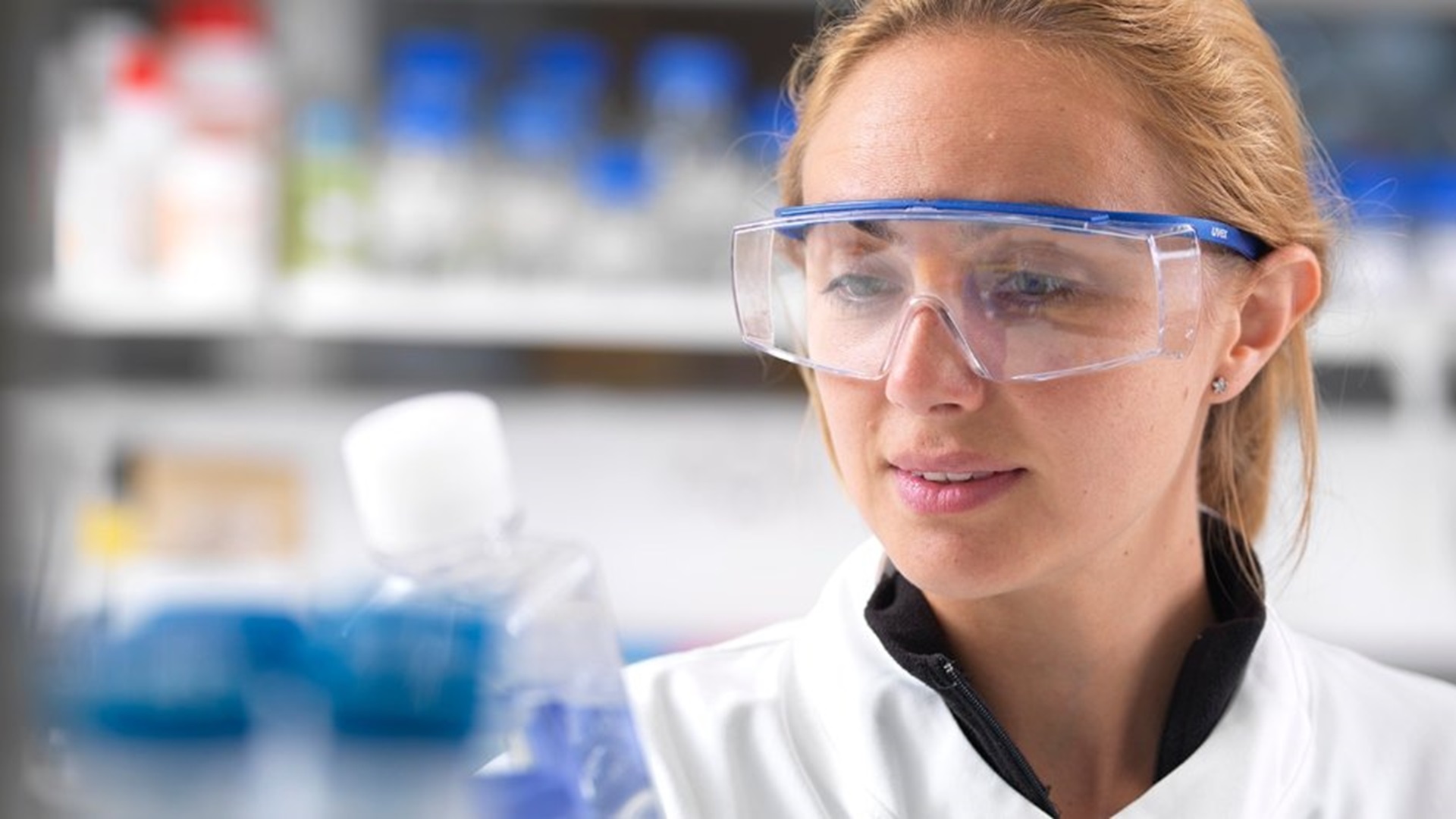
Opportunity: Cancer biomarker for predicting response to drugs targeting mitotic checkpoint kinases and cell division
Professor Andrew Tutt, Professor Chris Lord, Professor Jonathon Pines
ICR lead scientists/inventors:
Professor Andrew Tutt, Professor Chris Lord, Professor Jonathon Pines
Opportunity at a glance
The Institute of Cancer Research, London, is seeking partners to continue the development of a cancer biomarker for predicting susceptibility to drugs targeting cell division, including spindle checkpoint and kinetochore error correction inhibitors.
A patent has been filed (WO/2022/122938) covering the application of HORMAD1 expression to select cancer patients who are most likely to benefit from these therapeutic agents.
The development team is continuing to develop this method into a reliable diagnostic test that can help personalise cancer treatment – including for patients with triple-negative breast cancers.
More about cancer biomarker for predicting response to drugs targeting mitotic checkpoint kinases and cell division
Genomic instability – an increased tendency for DNA mutations and both structural and numerical chromosome instability to occur – is a hallmark of cancer. It is caused by defects in certain processes that control or affect the DNA damage response or the regulation of the process of cell division.
Scientists at The Institute of Cancer Research (ICR) have identified that a gene called HORMAD1, which is normally only expressed in tissues that make sperm and eggs, has a role in the development of some cancers by driving cells to become more genetically unstable. The gene, while not expressed in normal tissues outside the testis or ovary, is highly expressed in a variety of different cancers – including 60 per cent of triple-negative breast cancers (ER-/PR-/HER2-), which tend to be more aggressive and difficult to treat than other breast cancers (1). The spindle assembly checkpoint is a safeguard mechanism that is crucial for maintaining genomic stability by arresting cell division until all the chromosomes are correctly attached to the mitotic spindle.
The role of key proteins involved in this process – including Bub1, MPS1 and Aurora kinases – have been found by the ICR researchers to be essential, in cancer cells that express HORMAD1, to prevent catastrophic chromosomal alterations during cell division. Targeted drugs that can block the function of these proteins could therefore provide an effective selective treatment strategy against cancers that express HORMAD1.
The researchers found evidence that the inappropriate and highly detectable bimodal expression of HORMAD1 in cancer cells could therefore act as an ideal biomarker to predict which patients may benefit from treatment with spindle assembly checkpoint or kinetochore error correction inhibitors.
Key points
- Inappropriate expression of HORMAD1 in cancer cells can predict sensitivity to drugs targeting specific processes in mitotic cell division including spindle assembly and kinetochore error correction inhibitors.
- The detection of HORMAD1 expression in cancer cells has the potential to be developed into a predictive biomarker to help personalise treatment with these targeted agents.
- This diagnostic test could benefit patients with a variety of cancer types, including women with triple-negative breast cancers.
Key publications
- Watkins J. et al. Genomic Complexity Profiling Reveals That HORMAD1 Overexpression Contributes to Homologous Recombination Deficiency in Triple-Negative Breast Cancers. Cancer Discov. 2015 May;5(5):488505. doi: 10.1158/2159-829.
- Tarantino D. et al. Functional screening reveals HORMAD1-driven gene dependencies associated with translesion synthesis and replication stress tolerance. Oncogene. 2022 Aug;41(32):3969-3977. doi: 10.1038/ s41388-022-02369-9.
Contact us
Contact:
Jenny Worthington
Business Development Manager
The Institute of Cancer Research, London